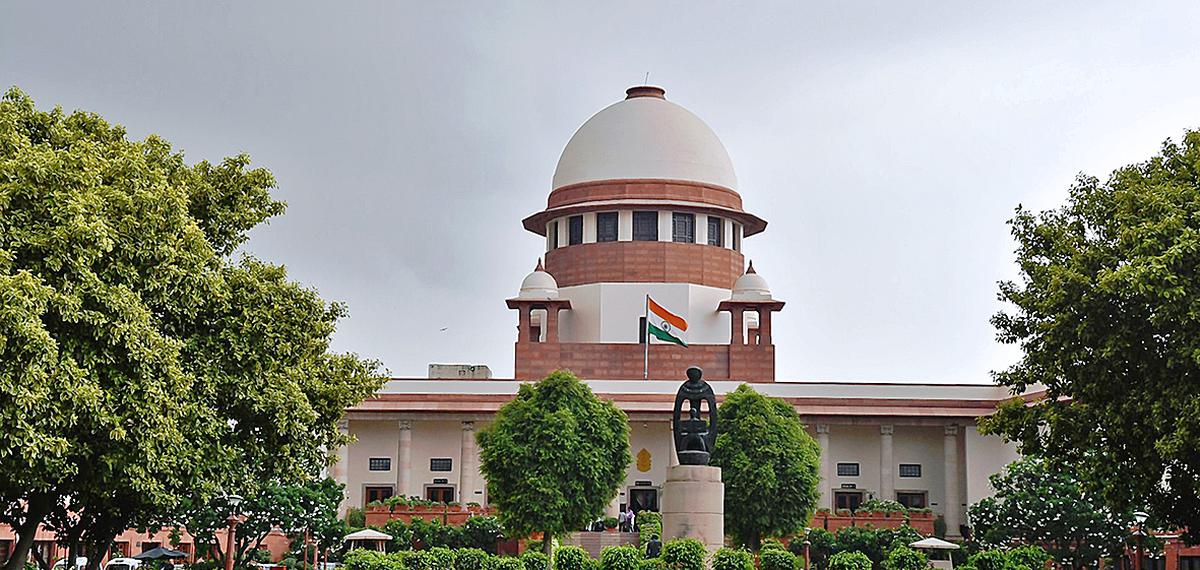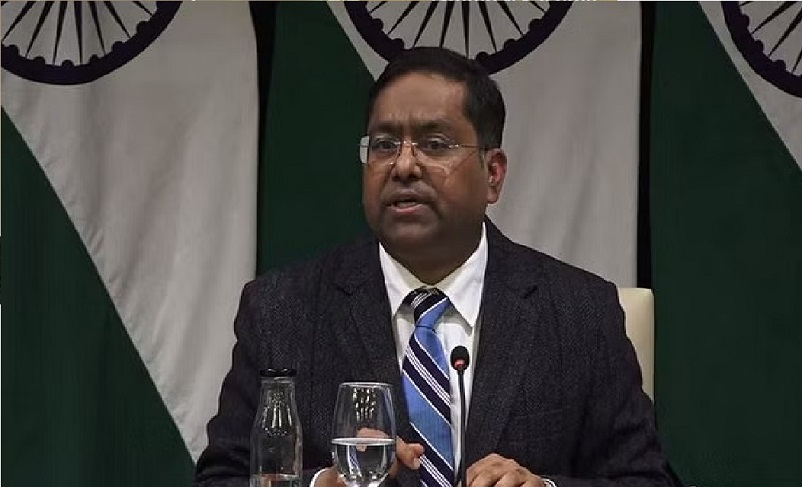New Delhi: Agriculture Minister Shivraj Singh Chouhan on Sunday unveiled the first genome-edited rice varieties ‘?DRR Dhan 100 (Kamala) and Pusa DST Rice 1′? developed by the Indian Council of Agricultural Research (ICAR) to address challenges of climate change and boost rice yields by up to 30 per cent.
“It is an important day for us… Soon, these two new rice varieties will be made available to farmers,” Chouhan said, adding that the new varieties will enhance rice yields by 20-30 per cent, conserve water, and reduce greenhouse gas emissions from rice cultivation.
These varieties are recommended for major rice-growing states, including Andhra Pradesh, Telangana, Karnataka, Tamil Nadu, Kerala, Puducherry, Bihar, Chhattisgarh, Maharashtra, Madhya Pradesh, Odisha, Jharkhand, Bihar, and West Bengal.
Scientists developed these varieties by enhancing two widely grown rice types –? Samba Mahsuri (BPT5204) and MTU1010 (Cottondora Sannalu) –? with improved stress tolerance, yield, and climate adaptability, while retaining their original strengths.
Both varieties exhibit superior drought tolerance and high nitrogen-use efficiency.
The minister said DRR Dhan 100 (Kamala) matures about 20 days earlier (130 days) than its parent, enabling earlier harvests and potential for crop rotation or multiple cropping cycles. The shorter duration of DRR Dhan 100 (Kamala) allows farmers to save three irrigations.
Cultivation of both varieties across 5 million hectares could produce an additional 4.5 million tonnes of paddy, he said.
“India cannot achieve the goal of a developed nation without developing the farm sector exploring advanced technologies,” the minister said, calling on ICAR scientists to develop better varieties in pulses and oilseeds to reduce the country’s import dependence.
These genome-edited rice varieties represent a major advancement in India’s agricultural biotechnology, offering practical solutions to the dual challenges of climate change and food security. They also demonstrate the potential of genome editing for future crop improvement programs.
The agriculture minister emphasised that research scientists are key to the country’s food security and ensuring India becomes “a food basket of the world”. “Currently, India exports Rs 48,000 crore worth of basmati rice.
However, we need to ensure nutrition-rich food for the future. This responsibility lies on the shoulders of our farm scientists,” he said.
Chouhan suggested a new formula: “Minus-five Plus Ten” –? reducing rice acreage by 5 million hectares while enhancing yield by 10 million tonnes. “The rice area should be shifted to pulses and oilseeds to increase production and reduce imports,” he said.
Agriculture Secretary Devesh Choudhary explained that the new rice varieties were developed using advanced technologies, each offering distinct advantages for yield, resilience, and quality.
“The genome-edited rice varieties released today have 20 per cent higher yields. They will be made available to the farming community through both public and private institutions and brought under the seed chain very soon,” he said.
ICAR Director General Mangi Lal Jat called it “a historical day in India’s agriculture” and emphasised developing better seed varieties to address climate change challenges.
“We need to adopt demand-driven research, not supply-driven. The research should be done taking farmers’ feedback and needs,” he said, stressing the need to retain youth in farming under the motto of “One nation, One national research system”.
Genome-edited rice varieties have previously been developed in countries like China and Japan, but many have remained in research settings with only a few reaching formal release or commercialisation.





